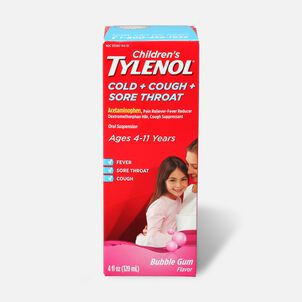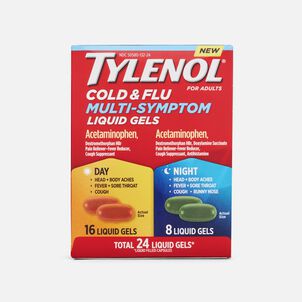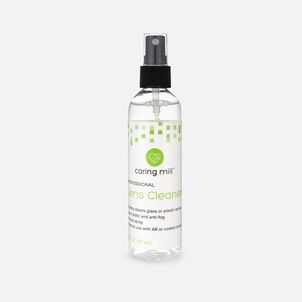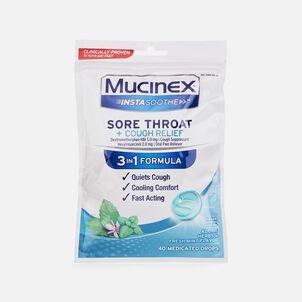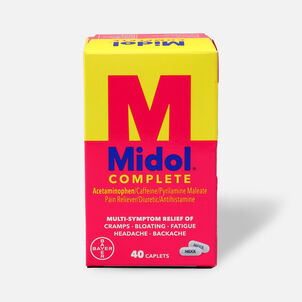 | SHOP NOW
| SHOP NOWIf you've got an HSA-qualified high deductible health plan (HDHP), you may already know that you can put money in an HSA. But you might not know just how much flexibility you have in terms of what you can do with that money in the future.
HSAs have a "Triple Tax Benefit." Meaning you don't pay taxes on the money you put in your HSA, and you can invest it in stocks or bonds, or put it in an interest-bearing account, with tax-free growth. You can also withdraw money at any time to pay for qualified medical expenses, without having to pay taxes.
But what if you don't need to use the money for medical expenses? In 2024, you can contribute up to $4,150 to an HSA if you have coverage for just yourself under an HDHP. If you have HDHP coverage for yourself and at least one other family member, that number goes up to $8,300.
If you stay fairly healthy, you might have a lot less in medical expenses during an average year. So, if you contribute to an HSA year after year, you could end up with a nice amount of money in the account after a while.
Remember, you have to stop contributing to your HSA once you enroll in Medicare Part A and/or Part B, which happens at age 65 for most people. But your HSA can continue to provide benefits long after you enroll in Medicare!
Use your HSA for medical expenses
While you can't put any more money into your HSA after you enroll in Medicare, you can continue to withdraw tax-free money to pay for medical expenses. You can then use the money in your HSA to pay your out-of-pocket expenses under Medicare (deductibles and coinsurance, plus copays or coinsurance for medications).You can also use it to pay for qualified medical expenses that Medicare doesn't cover at all, like dental care, hearing aids, or long-term care.
Seniors are often surprised to learn that Medicare doesn't cover long-term care. So, while it'll continue to cover medical care for the rest of your life, it won't pay for custodial care, like assistance with bathing, dressing or eating.
If you need custodial care, either in-home or in a nursing home, you'll need a solution other than Medicare. That's where your HSA comes in again! (Please note: Medicaid does cover long-term care, but only after you've used up nearly all of your assets).
You can use HSA funds to pay for long-term care, but you'd need to accumulate a substantial amount -- the average person who needs long-term care currently uses $172,000. Private long-term care insurance is another option that you can use instead of, or in addition to, saving your own cash to pay for it.
Use your HSA to pay Medicare premium and long-term care insurance premiums
If you decide to buy long-term care insurance, you can use your HSA funds to pay the premiums for:
- Medicare Part A (most people get Part A for free, though)
- Medicare Part B
- Medicare Part D prescription coverage
- Medicare Part C (Medicare Advantage)
- Long-term care insurance
According to the IRS, there are limits on how much you can withdraw tax-free from your HSA to pay for long-term care insurance, and they depend on your age (attained before the end of the 2023 tax year):
- If you're 40 or younger, you can withdraw $480
- If you're 41 to 50, you can withdraw $890
- If you're 51 to 60, you can withdraw $1,790
- If you're 61 to 70, you can withdraw $4,770
- If you're 71 or older, you can withdraw $5,960
Your HSA as a retirement account
This is where some seniors really begin to enjoy their money. By using your HSA funds after age 65 for medical expenses, Medicare premiums, or long-term care expenses/insurance, you can continue to avoid taxes altogether. Once you turn 65, you can also choose to treat your HSA like a retirement account!
If you withdraw money from your HSA for something other than qualified medical expenses before you turn 65, you have to pay income tax plus a 20% penalty. But after you turn 65, that 20% penalty no longer applies and you only pay income tax!
Once you're 65, your HSA is treated like a traditional IRA if you withdraw money for non-medical expenses. A traditional IRA is a retirement account in which the contributions and gains are tax-free, but withdrawals are subject to income tax. And that's exactly how it works with an HSA if you're 65+ and use the money for non-medical expenses.
This is certainly an option to keep in mind, but if you have other sources of retirement income, your best bet is probably to save your HSA for medical expenses, where you can use it tax-free. Medical costs in retirement can be pricey, and they tend to increase with age — an 85-year-old will generally have a lot more medical expenses than a 65-year-old.
Letting your HSA continue to grow throughout the early part of your golden years is a good idea, if you can swing it financially.
—
Thank you for visiting the HSA Store Learning Center. Don’t forget to follow us for more helpful tips on Facebook, Instagram, and Twitter.
















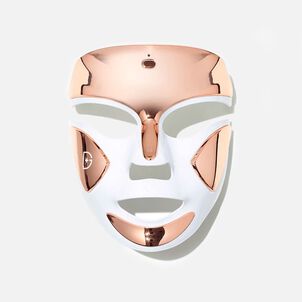













.png)


